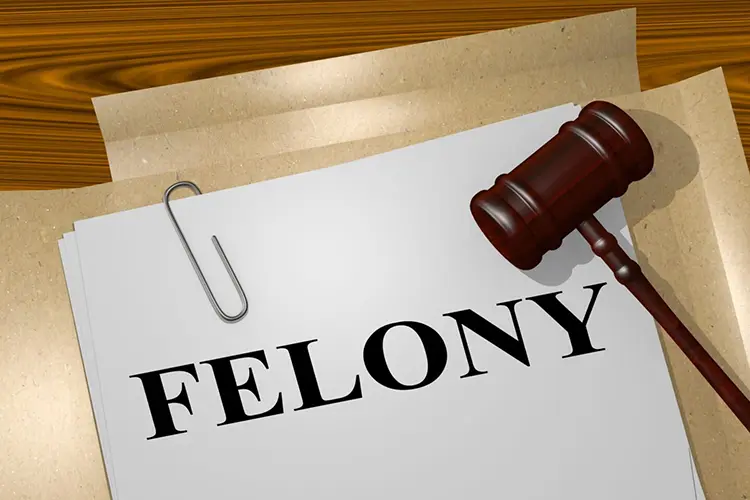When a defendant is convicted of a felony, it does not necessarily mean an automatic prison sentence. In fact, the majority of felony cases handled by Elovitz Law Office result in no jail time. However, certain crimes carry mandatory minimum sentences, which means that regardless of the circumstances, a judge is legally obligated to impose certain minimum punishments. Moreover, if your felony case in Illinois involves aggravating factors, the minimum and maximum sentences may be increased.
Different Classes of a Felony

In the state of Illinois, there are five primary classes of felonies, each with its own sentencing guidelines:
Class 4 Felony: This is the least serious class and carries a sentence of 1-3 years in prison, but with aggravating factors, it can extend to 3-6 years.
Class 3 Felony: Conviction of Class 3 mandates a sentence of 2-5 years, and with aggravating factors, it can escalate to 5-10 years.
Class 2 Felony: For Class 2 Felonies, Illinois courts must impose a sentence of 3-7 years, which can increase to 7-14 years with aggravating factors.
Class 1 Felony: Those convicted of a Class 1 face imprisonment for 4-15 years, and with aggravating factors, it can extend to 15-30 years.
Class X Felony: This is the most severe class, punishable by 6-30 years in prison, but with aggravating factors, it can result in a staggering 30-60-year sentence.
In addition to prison time, convicted felons may also be subject to hefty fines, potentially exceeding $25,000.
What Happens If You Have a Felony in Your Criminal History?
However, the consequences of a felony conviction extend beyond incarceration and financial penalties. Such a conviction will likely become part of your criminal record, impacting various aspects of your life.
Prospective employers may have access to your criminal record, but House Bill 5701, passed in 2014, restricts them from inquiring about your felonious past during interviews. However, they can consider it after determining your qualifications.
Felony convictions, not only in Illinois but anywhere in the United States, strip you of your legal right to own, possess, or use firearms. If you hold a Firearm Owner’s Identification (FOID) Card, it is likely to be revoked upon conviction, though there may be avenues for relief outlined in Illinois Statutes 65/10, depending on certain conditions and a 20-year felony-free period.
Furthermore, eligibility for government welfare programs may be affected by a felony record. Convicted felons are generally ineligible for Temporary Assistance for Needy Families (TANF). Additionally, federal law permits students with felony drug possession convictions to apply for financial aid after a one-year waiting period, or two years for drug sales convictions. However, a felony sex offense conviction requiring “involuntary civil commitment” may result in the denial of a Federal Pell Grant.
Can Felons Vote in Illinois?

For those who accumulate three felonies, “The Three Strikes Law” under Statutes 5/5-4.5-95 comes into play. If you are twice convicted of Class X, criminal sexual assault, aggravated kidnapping, or first-degree murder and receive another conviction for any of these offenses, you could be labeled a “habitual criminal” and potentially face life imprisonment. The same applies if you have two prior convictions for Class 1 or 2 felonies and receive a third conviction at that level or higher, making you subject to being “sentenced as a Class X offender.”
Regarding voting rights, felons in Illinois are unable to vote while incarcerated. However, upon their release, they can register to vote again and regain their voting rights. Even those on probation or parole can exercise their right to vote. However, since felony sentences can be lengthy, this may result in a prolonged disenfranchisement from the democratic process.
If you are in the Edwardsville, IL area and need legal representation for a felony, contact Elovitz Law Office.



